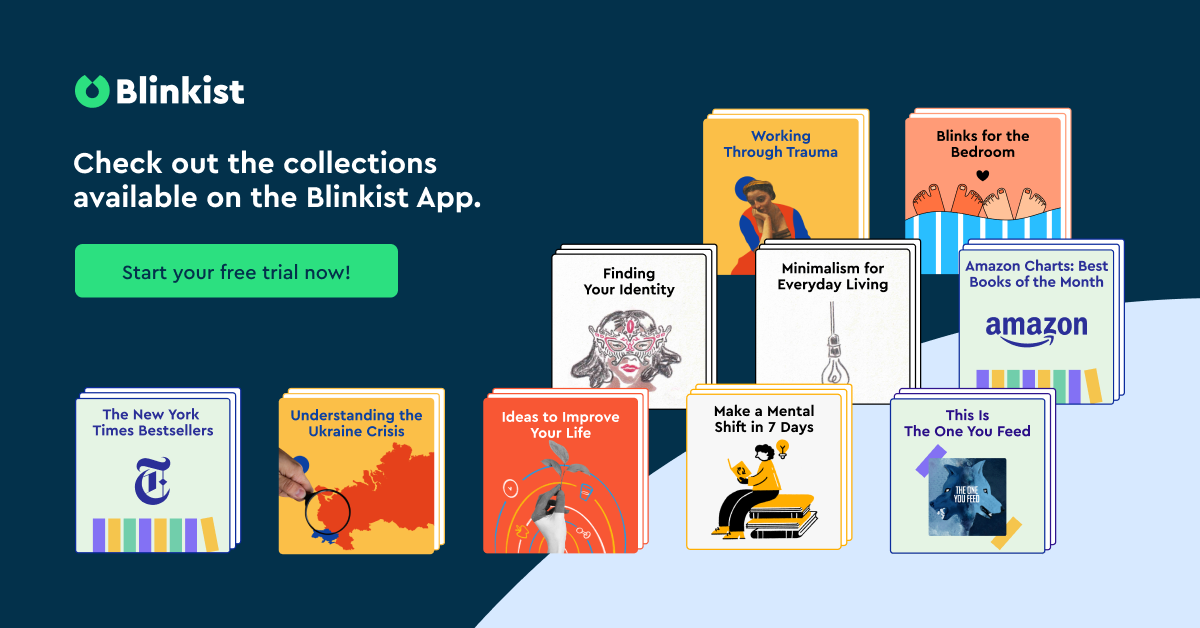Something To Sneeze At
The FDA may have just cancelled a whole category of over-the-counter drugs. Has anything like this ever happened before?
In a way, the Food and Drug Administration deciding that something that people use every day is no better than a placebo is a lot better of a discovery than it could have been. They could have done research into the drug and found some serious side effect that could have been silently harming people for decades, but had no idea.
But the an advisory panel to the FDA found this week that phenylephrine, the active decongestant in basically every major cold medication, was no better than a placebo. That basically suggests that people have been taking these medications for years, and wasting their money on them, thinking they were getting positive results. On the scale between placebo and carcinogen, I know which one I would want.
This is going to be a major shake-up for the drug industry either way—the key ingredient in a drug that drives $1.8 billion in sales annually is on the brink of no longer being Generally Recognized as Safe and Effective (GRASE)—a designation that could take it off the market entirely. As an FDA document released this week put it:
Should the Agency take an action regarding the GRASE status of oral phenylephrine, we also understand that a significant impact on industry would be inevitable. Manufacturers, warehousers, and pharmacies all have a significant supply chain investment in stocks of PE, either as a precursor chemical, ingredient itself, or in a finished product. There will also be significant retooling costs. In addition to OTC products, prescription products and drug development programs will be affected (because acceptability of PE in the formulation was/is based on the GRASE status of PE).
(Note the use of the word “oral” in that phrase. Phenylephrine is still effective if you take it as a nasal spray—but people hate nasal sprays.)
To some degree, the reason that this emerged was because of a previous legislative work to remove other drugs from an over-the-counter placement. The drug pseudoephedrine was placed behind the counter years ago as a result of the passage of the Combat Methamphetamine Epidemic Act of 2005, leading to a reformulation of many over-the-counter drugs to use the less-effective phenylephrine.
There was a legitimate reason for this change, to be clear—as highlighted by the law’s name, pseudoephedrine was being used in the production of meth—but it left the market without a lot of options. There were questions about phenylephrine’s effectiveness soon after the law’s passage.
Sponsored By Blinkist
Get an inspiration pick-me-up with Blinkist
Powerful ideas in 15 minutes. Join now and start upleveling your small talk game. Get access to over 5,000 book titles alongside 20 million other readers. Get Your Free Trial Now.
And this is not the first time this has happened.
Back in 2000, the FDA banned another substance, phenylpropanolamine (PPA), because it slightly raised the risk of stroke in young women.
“The increased risk of hemorrhagic stroke was detected among women using the drug for weight control, and for nasal decongestion, in the 3 days after starting use of the medication. Men may also be at risk,” the FDA wrote in a press release.
An AP report on the issue from 2000. (Warning: No voiceover.)
This was no small thing—essentially overnight, in the fall of 2000, pharmacies had to throw out their over-the-counter cold medications because of a previously undetected risk in a chemical that had been used in cold medications for more than 70 years and had been used for blood pressure for more than 90 years.
There was evidence for years that PPA was associated with stroke or brain hemorrhaging, according to an analysis conducted by the Cleveland Clinic Journal of Medicine in 2001, so this finding didn’t come out of nowhere. But it did highlight something of an ongoing conflict between these heavily promoted drugs and a medical system that needs to ensure they’re safe.
The thing is, most people are not up on these medications and do not closely read the labels. They generally grab a drug like NyQuil or Mucinex because they need something to get them by when they’re feeling stuffed up. As I wrote about NyQuil about two years ago, it tried stretching the power of these over-the-counter active ingredients by simply combining a bunch of them together.
People just want something that works, and a mixture of regulatory decisions have kind of backed the over-the-counter medicine market into something of a corner where it is no longer going to be very convenient.
Pharmacies will probably want to staff up.
Pharma-Links
Speaking of things unexpectedly getting withdrawn from the market, the iPhone 12 is getting removed in France because of slightly elevated radiation levels? Apple ain’t happy.
Sufjan Stevens remains brilliant, with his latest video asking a question I’m sure you’re asking yourself right now: “Will Anybody Ever Love Me?”
I highly recommend this Dame Magazine piece on independent journalism and Twitter. Whether you love or hate it, the reality is simply true—Twitter was a one-stop shop for independent journalism, and we do not have a 1-to-1 replacement just yet.
Find this one interesting? Share it with a pal!
And need inspiration but lack time? Check out Blinkist for a few ideas.
:format(jpeg)/uploads/Decongestant.png)
/uploads/Decongestant.png)


/uploads/ernie_crop.jpg)